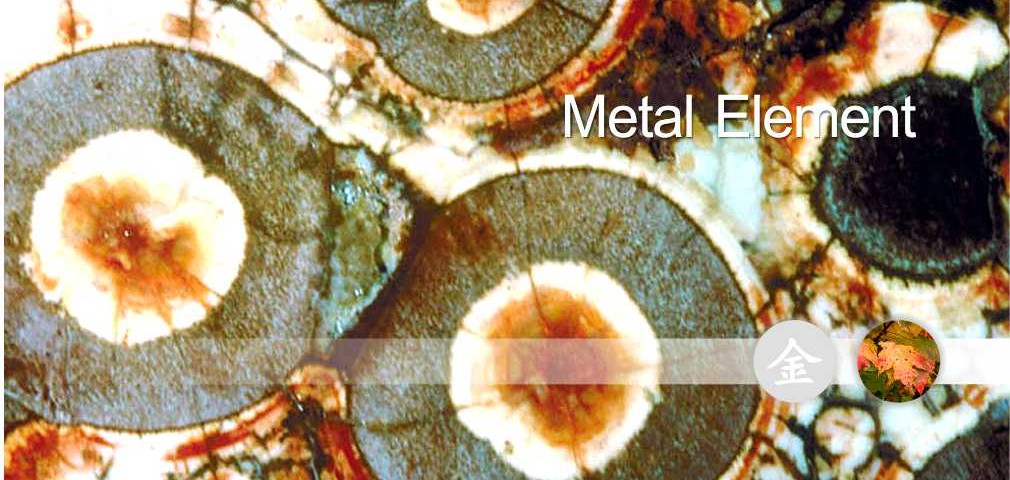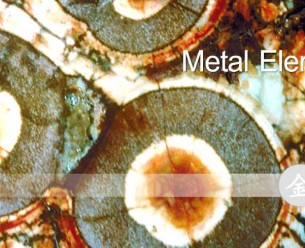Meditation Time and Acupuncture
As I’ve said before autumn is the time of the Lungs and Large Intestine, the organs associated with taking in and letting go. In acupuncture theory, Metal time (3am to 7am) is also considered a particularly auspicious time for meditation. As I have recently been trying to develop a daily meditation practice, with varied success, I have found myself pondering this connection.
On one level the link to the Lungs is quite obvious. Meditation is often very closely related to the breath. The Buddha claims that the breath acts as a bridge within us, connecting the conscious and unconscious mind. This is because the breath is uniquely, automatic and under voluntary control. Vipassana meditation, as taught by the Buddha, holds that by becoming consciously aware of the natural breath – we get a glimpse into this unconscious realm within us.
Another link to the Lungs is the idea of ‘taking in’ discusses earlier. The Lungs are literally involved in inspiration, another concept that can be easily associated with meditation.
But what about the Large Intestine’s connection here – where does it fit in?
I think that actually, true to form, acupuncture theory has played another blinder on this one. The Yang organs in the element pairs are generally more concerned with the mundane processes of life, they are about function rather than fancy. For example the Small Intestine is the Yang partner to the Heart and the Bladder the Yang partner to the Kidneys.
Anyone who has attempted meditation will know that despite all the good intentions of deep insight and divine inspiration the actual process, at least initially, has quite a lot to do with letting go.
Letting go of the idea of just giving up and doing something else.
Letting go of the desire to fidget and move constantly.
Letting go of the song running round in our head and perhaps most challenging of all, letting go of the need to follow every thought through to it final conclusion.
It soon becomes abundantly clear that we are deeply attached to the babble that goes on in our minds. How many other people have found themselves thinking, “I’ll just work this out, and then I’ll go back to my breath…”?
What I have learnt is that when you really start to pay attention to what’s going on in your mind, you realise that thoughts don’t actually have ‘a conclusion’, we don’t ever really ‘work things out’. Our mind just keeps playing associations games with itself, bumbling and meandering along from one thought to another, forever and ever…
Against this flow, the breath really does offer a valuable alternative for our attention. By practising letting go and returning to the observation of the breath, we can get better at it. What’s more, if we learn to let go at the level of the mind, letting go in other ways gets much easier too. We find we can let go of unnecessary ‘stuff’, or the desire for unnecessary ‘stuff’. We can learn to let go of hurtful words and slights, of anger, of unrealistic expectations and of unhealthy habits. All of these benefits come from the simple act of letting go of the attachment to our thoughts.
Perhaps that’s why 3am is a good time to meditate. This early in the morning our conscious mind, at least, has had a chance to stop, and it meanderings haven’t yet had the opportunity to build up ‘a head of stream’. Catch it then, and maybe we are more likely to be able to let go of the attachments to our thought, more able to observe the breath and the hidden depth within.
I’ll let you know as soon as I have managed to let go of my desire to stay in bed!



